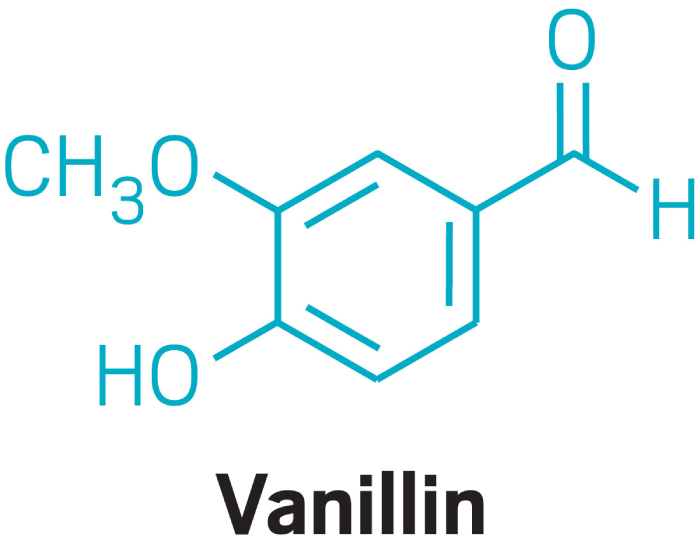Concentrated Mulberry Beverage Shows Promise in Managing Obesity-Related Risks
A recent study has explored the potential health benefits of a concentrated mulberry drink (CMD) derived from the Kamphaeng Saen mulberry (KPS-MB-42-1) cultivar. This research aimed to investigate the effects of CMD on metabolic and cardiovascular risk factors in obese individuals. The single-blind, randomized crossover clinical pilot trial involved 12 participants with obesity, who consumed 100 g of CMD daily, alternating with a placebo for 6 weeks.
The CMD used in the study contained a significant amount of bioactive compounds, including 1041.90 mg of total phenolic compounds and 35.34 mg of total anthocyanins per 100 g serving. These compounds are known for their antioxidant properties, which may help alleviate metabolic abnormalities associated with obesity.
The results of the study were promising, showing several positive effects on the participants’ health markers. Notably, CMD consumption led to significant reductions in systolic and diastolic blood pressure, as well as mean arterial pressure, compared to both baseline measurements and the placebo period. This suggests a potential antihypertensive effect of the mulberry drink.
In terms of lipid profile, while total cholesterol, LDL-C, and HDL-C remained unchanged, there was a significant decrease in triglyceride levels during the CMD consumption period compared to the placebo period. This improvement in triglyceride levels could contribute to better cardiovascular health.
The study also observed that fasting plasma glucose (FPG) levels remained stable during CMD consumption, whereas they increased significantly during the placebo period. This indicates that CMD may have a positive effect on glucose metabolism, potentially helping to prevent or manage diabetes.
Furthermore, C-reactive protein levels, a marker of inflammation, were significantly lower during CMD consumption compared to the placebo period. This suggests that CMD may have anti-inflammatory properties, which could be beneficial in reducing the risk of chronic diseases associated with obesity.
It’s worth noting that the study found no significant changes in body composition or blood coagulation indicators. However, the overall results suggest that CMD could be a promising health drink for managing metabolic syndrome and preventing chronic diseases.
Commentary by YourDailyFit columnist Alice Winters:

The findings of this study on the concentrated mulberry drink (CMD) derived from the Kamphaeng Saen mulberry cultivar are indeed intriguing and warrant further discussion. As a supplement and health product commentator, I find several aspects of this research particularly noteworthy.
Firstly, the high content of bioactive compounds in the CMD is impressive. With 1041.90 mg of total phenolic compounds and 35.34 mg of total anthocyanins per 100 g serving, this product packs a significant antioxidant punch. These levels are comparable to, if not higher than, many other popular “superfoods” on the market. This potent antioxidant profile likely contributes to the observed health benefits, particularly the anti-inflammatory effects evidenced by the reduction in C-reactive protein levels.
The antihypertensive effects of CMD are particularly striking. In a world where hypertension is a major risk factor for cardiovascular diseases, finding a natural, food-based intervention that can significantly reduce blood pressure is valuable. This effect alone could make CMD an attractive option for those looking to manage their blood pressure through dietary means, alongside traditional medical approaches.
The stabilization of fasting plasma glucose levels is another crucial finding. With the rising prevalence of type 2 diabetes globally, any intervention that can help maintain stable blood glucose levels is worth exploring further. While this study doesn’t prove that CMD can prevent or treat diabetes, it certainly suggests a potential role in glucose metabolism that merits further investigation.
However, it’s important to note some limitations of this study. The sample size of 12 participants is quite small, and the duration of 6 weeks is relatively short for assessing long-term health impacts. Additionally, the lack of significant changes in body composition might be disappointing for those hoping for a weight loss solution. However, it’s crucial to remember that sustainable weight management is complex and usually requires a multifaceted approach.
From a market perspective, CMD shows promise as a functional beverage. Its potential benefits align well with current consumer trends towards natural, plant-based products that offer multiple health benefits. The fact that it’s derived from a specific mulberry cultivar also gives it a unique selling point in the crowded health drink market.
However, several questions remain unanswered. What is the optimal dosage for achieving these health benefits? Are there any potential side effects or interactions with medications that need to be considered? How does the taste profile compare to other health drinks on the market? These are all factors that would need to be addressed before CMD could be successfully commercialized.
In conclusion, while this study provides encouraging results, it should be viewed as a promising starting point rather than a definitive endorsement. Larger, longer-term studies are needed to confirm these findings and explore any potential long-term effects or side effects. Nonetheless, CMD represents an exciting development in the world of functional foods and beverages, offering a potentially powerful tool for managing several aspects of metabolic health.



